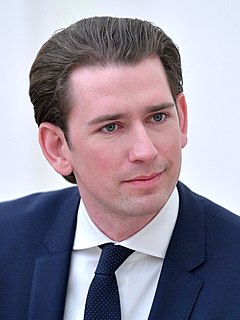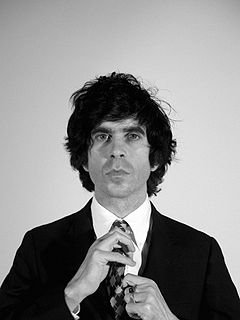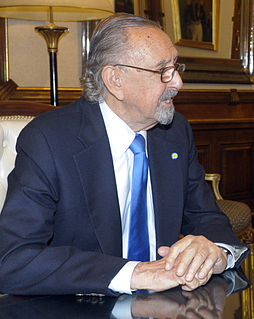A Quote by Audie Cornish
There's evidence that one of the Paris attackers may have entered Europe posing as a refugee.
Related Quotes
There's been a certain amount of opportunism in the wake of the Paris attacks in 2015, when there was almost a reflexive assumption that, "Oh, if only we didn't have strong encryption out there, these attacks could have been prevented." But, as more evidence has come out - and we don't know all the facts yet - we're seeing very little to support the idea that the Paris attackers were making any kind of use of encryption.
In this case [the Charlemagne Prize], I don't say (I was) forced, but convinced by the holy and theological headstrongness of Cardinal [Walter] Kasper, because he was chosen, elected by Aachen to convince me. And I said yes, but in the Vatican. And I said I offer it for Europe, as a co-decoration for Europe, a prize so that Europe may do what I desired at Strasburg; that it may no longer be "grandmother Europe" but "mother Europe."
We are posing two very clear questions. The first is: Did the Holocaust actually take place? You answer this question in the affirmative. So, the second question is: Whose fault was it? The answer to that has to be found in Europe and not in Palestine. It is perfectly clear: If the Holocaust took place in Europe, one also has to find the answer to it in Europe.
I love Europe, but we are still struggling with that kind of development. First of all, we don't have a smart conversation about the difference between an immigrant and a refugee. A refugee can't go back. An immigrant is someone - I chose to move to America. And I also have the option of saying hey, didn't work out, I can move back. That's a completely different story than someone who is locked in.

































